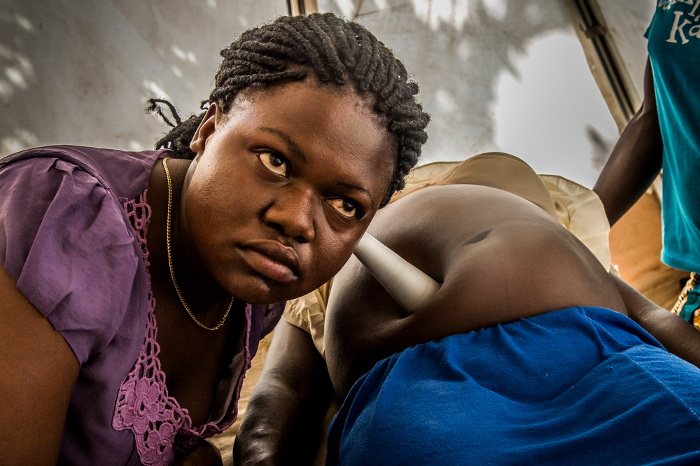She noted that basic capacity building would assist the TBAs to handle birth deliveries with minimal complications.
According to her, the TBAs need to be trained on improved hygiene, what needs to be done, when to do it and how important the health of the patient is.
She said that knowledge of hygiene was very important because infections were major causes of most child and maternal mortality.
Luka said that the TBAs must also be trained to identify and make an early referral of the patients if either complications or problems were ever to arise.
“When TBAs handle birth delivery, they sometimes lead to complications such as the death of either the mother or the child.
“The reason is that they either don’t have the right skills or don’t know what needs to be done and when to do it,’’ she said.
The medical practitioner said that women who patronized TBAs face a higher risk of having complications during delivery.
She noted that most complications which likely arose from such situations usually lead to both child and mother’s death.
“Some TBAs use tools that are not properly sterilized, which in turn causes infections that may lead to problems for the mother, the child or even infertility,” she said.
According to her, expectant mothers at the grassroots prefer TBAs because the Primary Health Centres (PHC) at the communities are not functioning well and lack basic facilities.
She, therefore, advised pregnant women especially those in the rural areas to try and always visit approved health facilities for the benefit of the child and mother.
Source: NAN

 Dr Mercy Luka, a medical practitioner, has called for effective training and proper monitoring of activities of Traditional Birth Attendants (TBAs) to mitigate cases of maternal and child mortality.
Dr Mercy Luka, a medical practitioner, has called for effective training and proper monitoring of activities of Traditional Birth Attendants (TBAs) to mitigate cases of maternal and child mortality.




